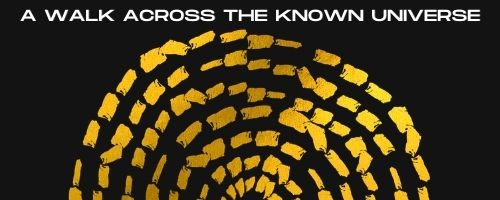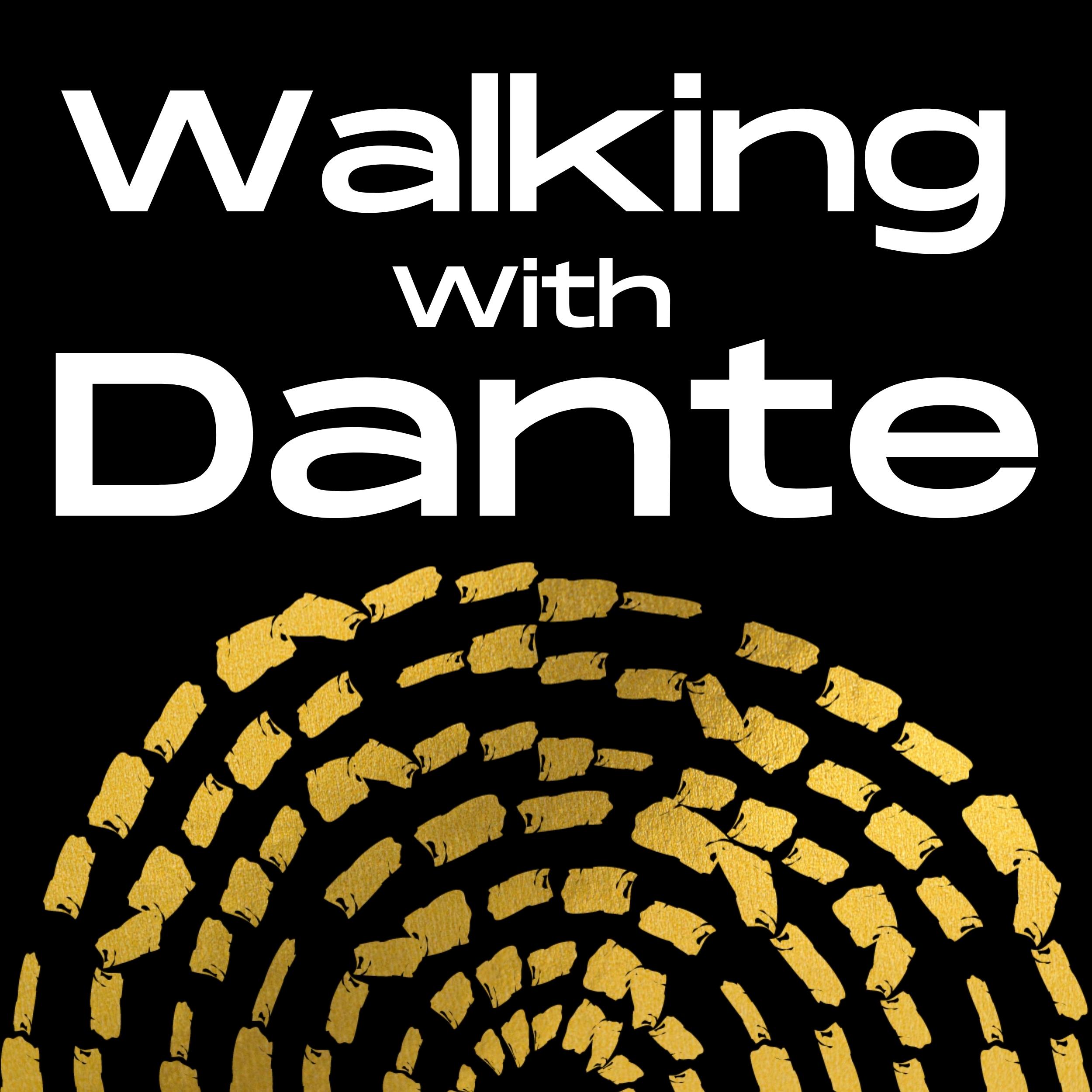Episode 11
To Be Saved, Tell A Story: INFERNO, Canto II, Lines 76 - 114
Where's Dante, our pilgrim? Not in this passage! He's fallen out of his own poem as Virgil and Beatrice engage in their rhetorical battle.
And where's hell, the promised blaze with its tortured sinners? Instead, we're headed to the heights of heaven with Beatrice . . . who talks about those flames!
What ultimately wins the day? Beatrice's story of her quest to save Dante. To set him on the road to heaven? Maybe. But more importantly, to set him on the road to writing COMEDY.
Join me, Mark Scarbrough, as we fly to the heights of heaven, then come right back to Virgil and Beatrice in of WALKING WITH DANTE.
If you'd like to help underwrite this podcast, consider a one-time donation or a small monthly stipend through this PayPal link right here.
Here are the segments of this episode:
[02:11] My English translation of INFERNO, Canto II, Lines 76 -114. If you want to read along or continue the conversation with me, check it out under the entry for this episode on my website, markscarbrough.com.
[06:36] A bit about dissonances in the poem and reminder that we live in a more linear world than Dante.
[08:57] Virgil's response to Beatrice involves flattery (maybe flattery that's too high, even blasphemous) and--curious!--it involves his doubting her.
[12:05] Virgil then recasts his obedience away from theology and into chivalry . . . as well as his own discomfort wherever he is (in hell).
[14:42] Beatrice begins to answer Virgil . . . with some strange interpretive issues right up front in her speech.
[16:14] Beatrice mentions flames in hell. But Virgil is not in any flames!
[18:20] Beatrice's story includes two other women: presumably the Virgin Mary and Saint Lucy.
[22:20] A few words about the incredibly complex structure of this passage.
[23:48] A few thoughts about what it means to have left the "common crowd" or the "vulgar horde."
[25:22] What flood? How has Dante left a flood when he seemed to be lost in a dark wood?
[26:48] Words have a direct effect . . . even on Beatrice, who then asks Virgil to use his words to have a direct effect on our pilgrim.
Mentioned in this episode:
A brief introduction to the walk ahead


